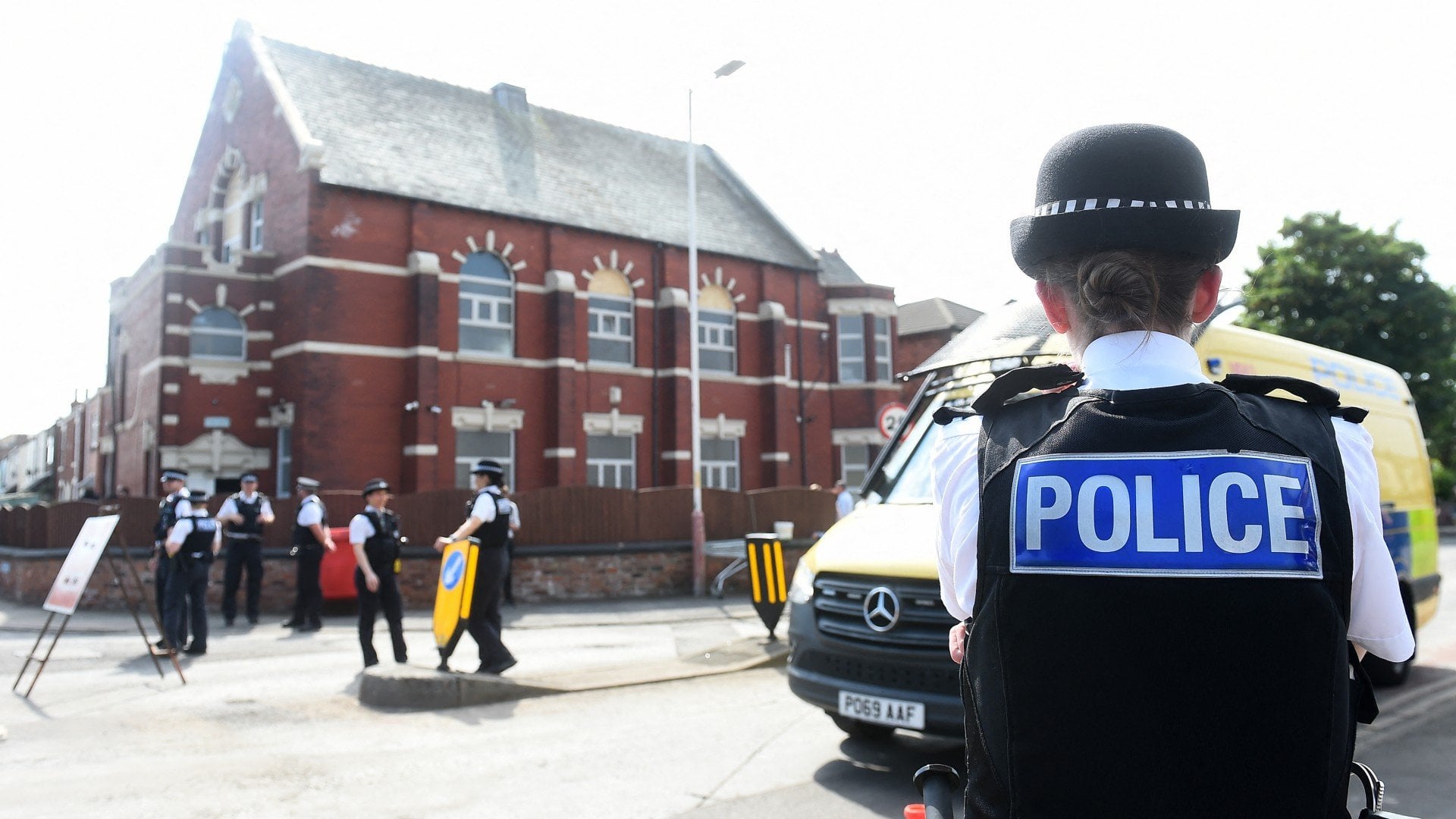
BREAKING NEWS
Police Recording Non-Crimes: A Controversial Practice Sparks Debate and Raises Questions about Privacy and Trust
As the world becomes increasingly reliant on digital technology, law enforcement agencies are grappling with the challenge of recording and storing vast amounts of data, including non-criminal activities. The practice of recording non-crimes, also known as "non-crime data recording," has sparked heated debate and raised questions about privacy, trust, and the role of the police in society.
What is Non-Crime Data Recording?
Non-crime data recording refers to the practice of law enforcement agencies collecting and storing information about non-criminal incidents, such as lost property, minor injuries, or disturbances that do not result in charges or arrests. This information can include details such as names, addresses, and descriptions of individuals involved, as well as footage from surveillance cameras.
Why Are Police Recording Non-Crimes?
Police agencies argue that recording non-crimes is necessary to improve community safety, enhance investigations, and inform policing strategies. By collecting and analyzing data on non-criminal incidents, they can identify trends, patterns, and hotspots, allowing them to deploy resources more effectively and respond to emerging issues.
Concerns about Privacy and Trust
However, many critics argue that recording non-crimes is a violation of privacy and erodes trust between the public and the police. With the amount of personal data being collected, there is a risk of inaccurate or incomplete information being used to stereotype or discriminate against individuals or communities. Additionally, the lack of transparency and oversight in the recording process raises concerns about how this data is being used and shared.
Examples of Non-Crime Data Recording
In the United States, the New York City Police Department (NYPD) has been criticized for its use of "stop-and-frisk" tactics, which involve recording the identities and activities of individuals who are stopped and questioned, even if no crime has been committed. Similarly, the UK’s Metropolitan Police Service has been accused of misusing CCTV footage to monitor peaceful protests and gatherings.
Reactions and Reforms
In response to growing concerns, many police agencies are re-examining their policies and practices around non-crime data recording. Some are implementing measures to increase transparency and oversight, such as independent review boards or community engagement initiatives. Others are exploring alternative approaches, such as using data analytics to identify and address underlying social issues that contribute to non-criminal incidents.
SEO Tags:
- Police recording non-crimes
- Non-crime data recording
- Law enforcement data collection
- Privacy concerns
- Trust in the police
- Community policing
- Stop-and-frisk
- CCTV footage
- Surveillance
- Data analytics
- Policing strategies
- Crime prevention
- Social issues
- Community engagement
- Transparency and oversight
Stay Informed
As this controversy continues to unfold, it is essential to stay informed about the latest developments and debates surrounding non-crime data recording. Follow our news updates and analysis to stay up-to-date on the implications for privacy, trust, and community policing.
View info-news.info by mariegriffiths
